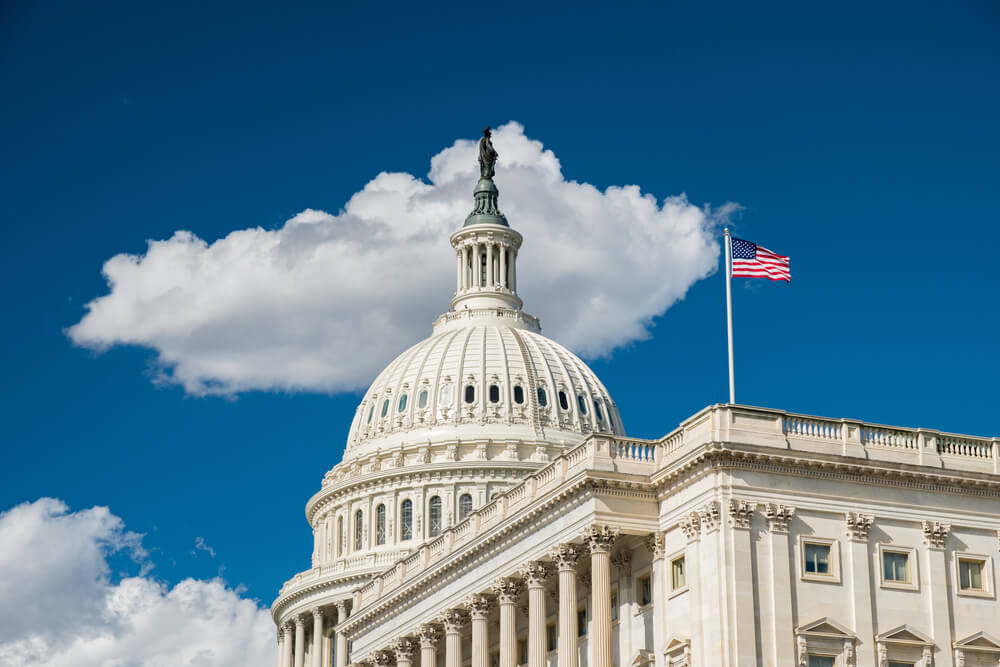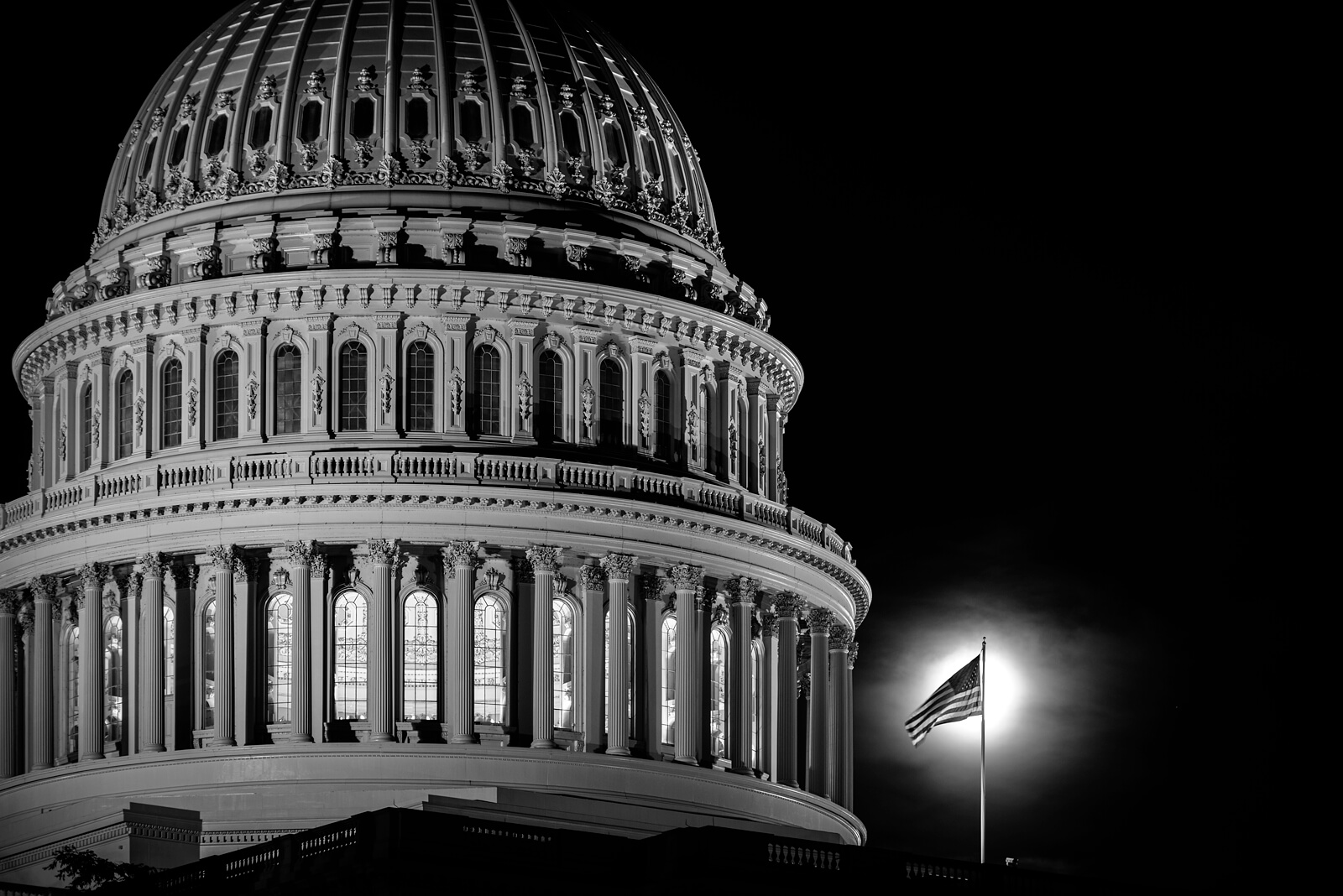
A Disinformation Campaign Takes Dead Aim at Congress
Third-party litigation funding and disinformation issues collided during recent discussions concerning President Trump’s “One Big Beautiful Bill.”

Third-party litigation funding and disinformation issues collided during recent discussions concerning President Trump’s “One Big Beautiful Bill.”

Congress instructed the Department of Defense to assess the risks to its pharmaceutical supply chain. But the department’s choice of vendors —Valisure Laboratories— has raised eyebrows in the legal and public health communities.

Championed by a bi-partisan group of 40 lawmakers, the Senate resolution designates Nov. 17 as “National Warrior Call Day,” a major effort that draws attention to those service members and veterans perilously disconnected from family, friends and support systems.

Neither commission is headed by a senior retired military officer or a senior civilian who has the credentials to promote meaningful recommendations and persuade government bureaucracies to act. A senior leader is essential to spur change.

Congress and key agencies in the executive branch and not doing enough to support defense innovation. More can and should be done – or else our efforts to deter conflict will ring hollow, and we will risk failure in the battlespace.

Sen. Paul uses half-truths that may be appealing to some Americans. They should know the whole truth and understand the stark consequences if we fail to maintain our resolve.

It’s long past time for the Senate to act to end the wrongheaded actions of one person, and if it fails to act then it is complicit in his damaging actions.

It is more stabilizing and better for national security that Congress is skeptical about where U.S. space leadership and space policy are headed. Let’s hope the responsible oversight demonstrated in the annual defense bill continues.

Pressure is mounting in Congress to update legislation that guides the use of defensive systems that protect against aerial drones. At present, the legislative framework underpinning the use of these systems needs major revision because it was formulated at a time before the widespread proliferation of drone technology.

The semiconductor industry is enjoying a rare moment in the sun. Thanks to supply shortages and the U.S. government’s belated realization of the role semiconductors play in weapons systems and elsewhere, congressional leaders and the Biden administration are committing taxpayers to spending billions on domestic chip factories. It’s been a long time coming.